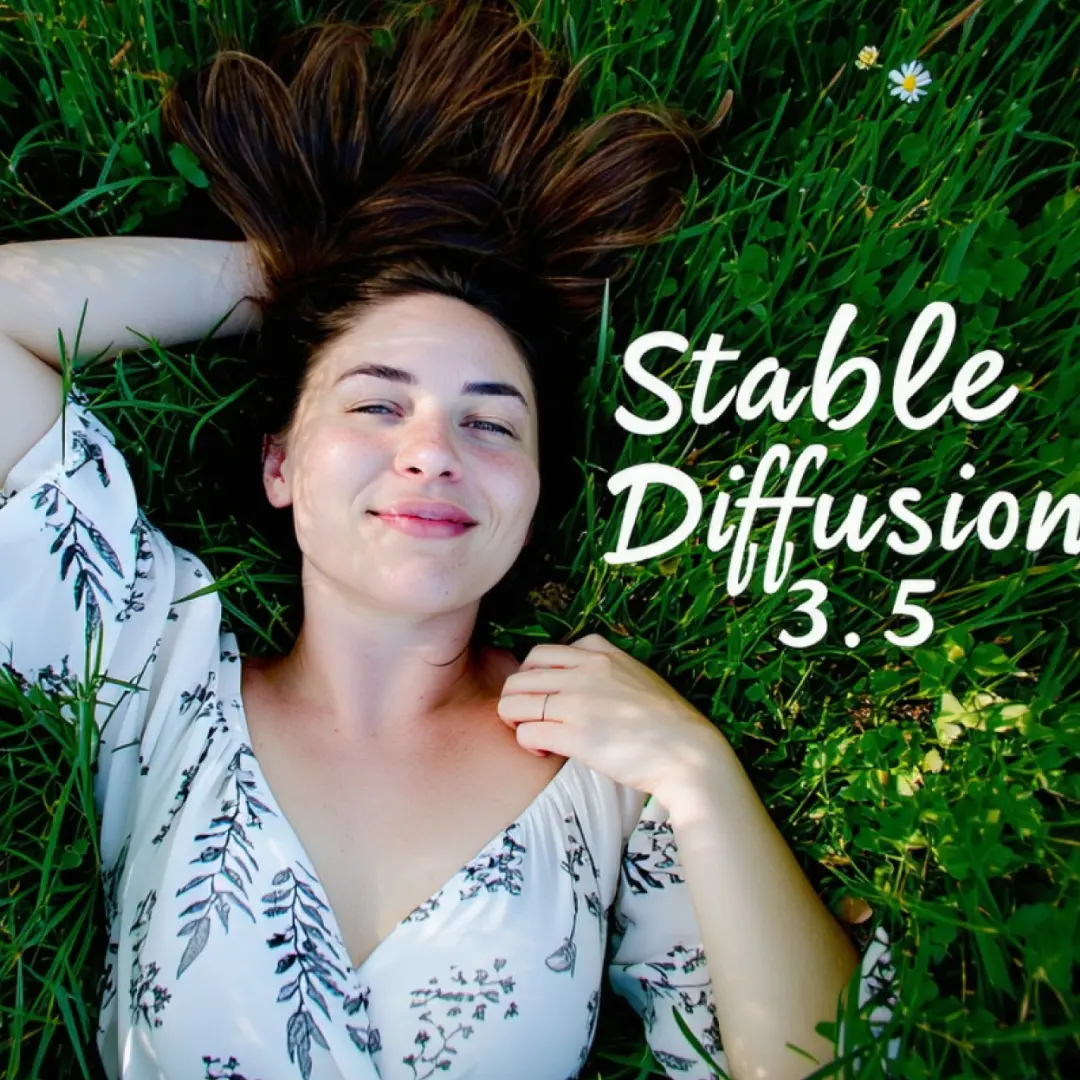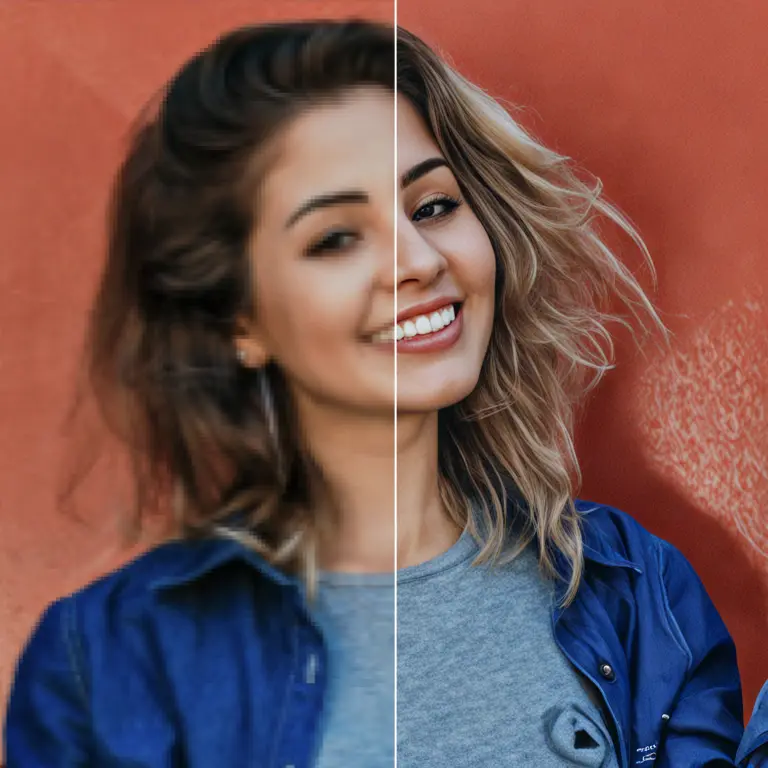ComfyUI Node: Base64 To Image
Base64ToImage
CategoryEasyApi/Image
lldacing (Account age: 2378days) Extension
comfyui-easyapi-nodes Latest Updated
2025-03-28 Github Stars
0.07K
How to Install comfyui-easyapi-nodes
Install this extension via the ComfyUI Manager by searching for comfyui-easyapi-nodes- 1. Click the Manager button in the main menu
- 2. Select Custom Nodes Manager button
- 3. Enter comfyui-easyapi-nodes in the search bar
Visit ComfyUI Online for ready-to-use ComfyUI environment
- Free trial available
- 16GB VRAM to 80GB VRAM GPU machines
- 400+ preloaded models/nodes
- Freedom to upload custom models/nodes
- 200+ ready-to-run workflows
- 100% private workspace with up to 200GB storage
- Dedicated Support
Base64 To Image Description
Converts Base64 images to tensors and masks for AI artists, simplifying image handling and integration into workflows.
Base64 To Image:
The Base64ToImage node is designed to convert images encoded in Base64 format back into their original image tensor and mask representations. This node is particularly useful for AI artists who need to decode Base64 image strings, which are often used for embedding images in JSON or other text-based formats, back into a usable image format for further processing or analysis. By leveraging this node, you can seamlessly integrate Base64-encoded images into your workflows, ensuring that the images are correctly oriented and converted to the appropriate color space. This node simplifies the process of handling Base64 images, making it easier to work with image data in various applications.
Base64 To Image Input Parameters:
base64Images
The base64Images parameter expects a string containing one or more Base64-encoded images. This string should be in JSON format, where each image is represented as a Base64 string. The parameter supports multiline input, allowing you to provide multiple Base64-encoded images at once. This input is crucial as it serves as the source data that will be decoded back into image tensors and masks. There are no specific minimum or maximum values, but the default value is a JSON array with an empty string: [""].
Base64 To Image Output Parameters:
IMAGE
The IMAGE output parameter provides the decoded image tensor(s) from the Base64-encoded input. This tensor represents the image in a format that can be further processed or analyzed in your workflow. The image tensor is converted to the RGB color space and normalized to a float32 format, ensuring compatibility with various image processing tasks.
MASK
The MASK output parameter provides the mask tensor(s) associated with the decoded images. If the original image contains an alpha channel, this mask will represent the transparency information, with values normalized to a float32 format. If no alpha channel is present, a default mask tensor filled with zeros is provided. This mask can be used for tasks that require transparency or segmentation information.
Base64 To Image Usage Tips:
- Ensure that your
base64Imagesinput is correctly formatted as a JSON array of Base64 strings to avoid decoding errors. - Use this node to decode images embedded in JSON data, making it easier to integrate with APIs or other systems that use Base64 encoding for image data.
- Combine this node with other image processing nodes to create a seamless workflow for handling and analyzing images.
Base64 To Image Common Errors and Solutions:
Invalid JSON format
- Explanation: The
base64Imagesinput is not a valid JSON array. - Solution: Ensure that the input string is correctly formatted as a JSON array of Base64 strings. For example,
["data:image/png;base64,..."].
Decoding error
- Explanation: The provided Base64 string cannot be decoded into an image.
- Solution: Verify that the Base64 string is correctly encoded and represents a valid image. Check for any corruption or truncation in the Base64 data.
Missing alpha channel
- Explanation: The image does not contain an alpha channel, resulting in a default mask.
- Solution: If an alpha channel is required, ensure that the original image includes transparency information before encoding it to Base64.
Base64 To Image Related Nodes
RunComfy is the premier ComfyUI platform, offering ComfyUI online environment and services, along with ComfyUI workflows featuring stunning visuals. RunComfy also provides AI Playground, enabling artists to harness the latest AI tools to create incredible art.



